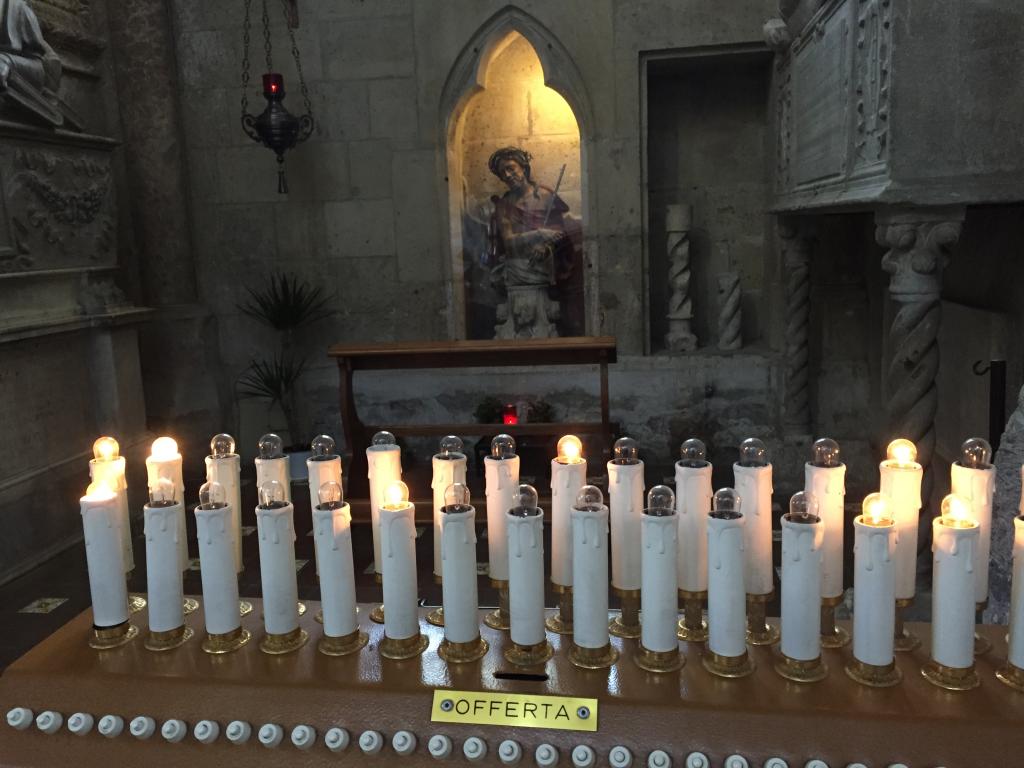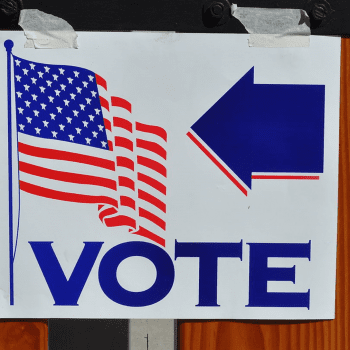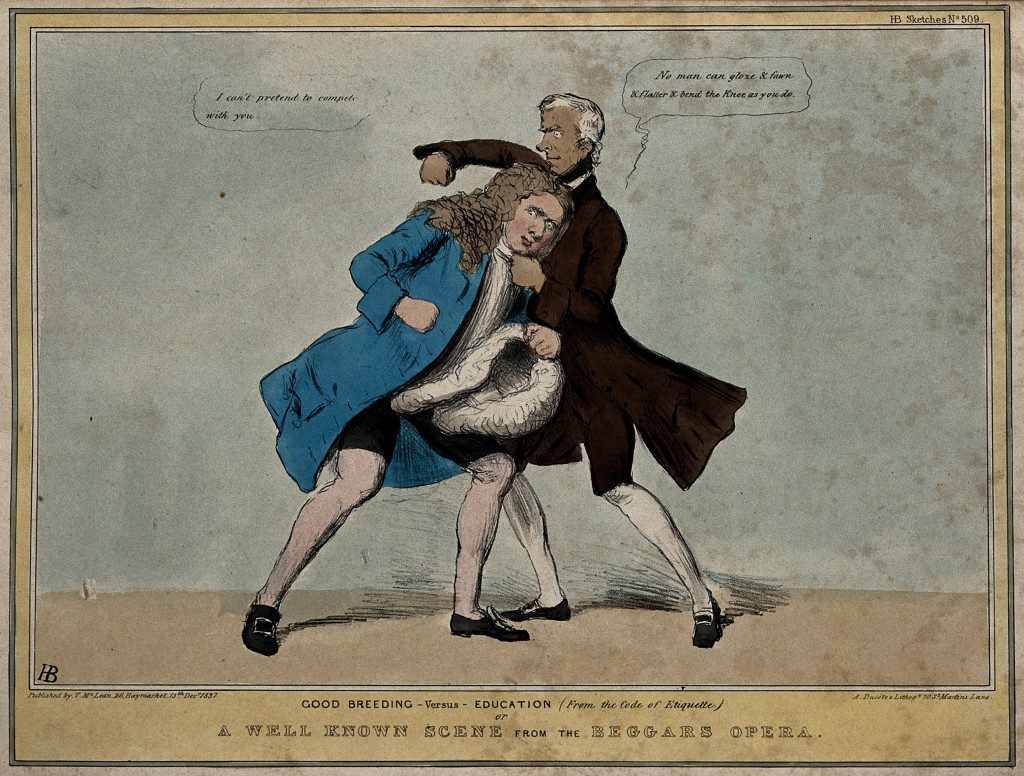
Sometimes I write about politics.
Sometimes I have things I want to say that I want to communicate, that I want others to hear, that I want to persuade people of.
Other times I know that I offer no particular expertise on a subject but just want to get something off my chest.
But I am aware that I haven’t said much about Trump lately. The words I’d use to describe the situation, well, require a lot of finger-stretching to the top keyboard row (ha-ha! get it? Because I tend to use comic-style swearing — $*! and the like).
The way he has handled the pandemic is appalling. Yes, you can point fingers at a dozen other people and entities as well, and, yes, I have conditioned myself, with every report coming out of the media, to ask myself whether there’s more to the story, but he is still deserving of a finger-point as well.
Regular readers will recall that I have been mask-making pretty much from the start, and, yes, I wore a face mask to the grocery store at a point when it was just me and a few weirdos doing so. It infuriates me that this has become a partisan issue (or maybe it only appears as such because mask opponents are by coincidence Republican/Red staters?). Why did this happen? Some time ago, I tried to persuade readers of a conservative Facebook page to wear a mask even if they objected to Illinois Gov. Pritzker’s mandate that they do so, by linking to a piece I wrote on the topic at my personal website, and the comments I received there convinced me that the CDC’s initial rejection of mask wearing (for the “noble lie” of preserving supplies) led to skepticism afterwards: “if they said ‘no’ at first and now say ‘yes,’ how can I trust that they’re telling the truth now, instead of having decided to trample on my rights now?” — which seems patently absurd (why would the government want to mandate mask-wearing for no particular reason than just rights-trampling?) but that’s where we are.
And, yes, I am angry that Trump refused even the simple action of wearing a mask himself. Maybe it’s related to his germophobia; I don’t know. But imagine if he had latched on, at the start, to the idea of mask-wearing, gotten his MAGA-hat factory to switch production, said, “the WHO says don’t, but we know better; act now and you’ll get a special deal on my MAGA mask”!
And, yes, there are many such actions to be angry about.
But Biden?
Honestly, I do believe that it is very likely that a vote for Joe Biden is essentially a vote for whoever the VP nominee turns out to be. Yes, some of his misspeaks can be explained away as “that’s not dementia — he’s always said these things and it’s a result of compensating for the stutter” — that is, changing what he says midsentence because the next syllable is too difficult to get out. But I don’t believe this can account for the growing list of such statements, especially when they come in the form of recorded statements.
So I’d been looking to discussion of who is VP choice will be. Initial suggestions were that it would be a “young Biden-equivalent” such as Amy Klobuchar. Now the conventional wisdom is that it will necessarily be a black woman, specifically chosen for the attributes of sex and skin color. There’s increasing reporting that the Biden campaign is moving closer to the Sanders wing, to ensure those voters cast their vote, rather than staying with the “moderate” label that got him the nomination in the first place (well, along with the name recognition).
So a vote for Biden is a vote for — well, anything, really.
Is it a vote for “modest tweaks to the status quo”? Retirement-wise, is it a vote for a nationwide implementation of opt-out-able autoenrollment retirement account system?
Or is it a vote for the elimination of tax deductibility for retirement accounts, a substantial expansion of Social Security benefits, the elimination of the earnings ceiling, etc.?
Or, further yet, is it a vote for the adoption of Modern Monetary Theory (MMT) principles that propose that the United States federal government can simply print money to hand out as it chooses with no ill effects?
Coronavirus-wise, will that mean a blessed transition to management by experts? Maybe. But in Illinois, we were supposed to have had contact tracing back in May, and now it’s deferred ’til August/September, and near as I can tell, the delays are due to the implementation of a larger political goal, that of treating it as a jobs program, and hiring according to the desired social justice categories/hiring unionized workers, etc. Would a Biden administration, despite promises to the contrary, place “social justice” and other political goals ahead of pandemic-ending efforts?
To cast a vote for Trump vs. Biden is a matter, in the end, of “devil you know vs. devil you don’t.”
Which gets me to the question of prayer.
I have said before — and gotten mocked for it — that the only solution I see, the only way in which we have a brighter future ahead of us, is for Trump to declare that he’s done everything he set out to do and now wishes to retire, and that he hopes that all Republicans will support [fill in the blank] in his place. Of course, that’s contingent on [fill in the blank] being a suitable candidate — not, for instance, a Trump family member.
Is it a fantasy?
Yes — and yet at the same time, it raises another question: do you believe in prayer? Or, for that matter, do I believe in prayer?
Could we — should we, as Christians who believe that Trump is not the right man to lead this country (regardless of whether we viscerally hate the man or are just frustrated with, well, one thing after the next), pray for this outcome?
I’m not saying that we should pray that God would strike Trump down, or cause a serious or even mild illness. Just that the Holy Spirit would lead Trump to make such a decision. Heck, perhaps the Holy Spirit might not even touch Trump at all, but inspire every pro-Trump evangelical leader, all-at-once, to reach out to him and say, “it’s time to retire.”
And this would not be wishing harm to befall Trump — objectively, he’d be happier were he to leave the presidency, wouldn’t he?
So, again, would praying for such a turn of events be of any use? What about encouraging others to do so? This would have to be done in a somewhat underground sort of way — a collective National Day of Prayer for Trump to Decide to Retire would not be an especially persuasive tool if Trump feels he’s being made a fool of; it’d have to be some Prayer Chain of the old-fashioned type in which we all send out e-mails or letters to ten friends, who send it out to ten friends of their own, etc.
Which gets back to the issue I’ve written about sporadically in the past: does prayer, at least in some circumstances, achieve something? Are there instances in which God, due to the prayers of His people, intervenes in our world and changes the course of events from the manner in which they otherwise would have played out?
The entire concept that an individual is canonized only after the verification of a true miracle, that is, a healing or other supernatural event attributed to the intercession of that individual before God in Heaven, says that it must be true, theologically-speaking. But are such instances — divine interventions in our world — limited only to the healing of physical disease? There are plenty of mothers who plead for God’s intervention to convert their sons away from a life of crime; it vaguely seems to me that in the case of some recent canonization, a saint’s intercession was credited for such a change (though I don’t think it was “counted” as a miracle for canonization purposes). There are plenty of former criminals who believe that, when they reformed their lives, it was due to divine intervention. Why couldn’t God intervene in the case of a certain Donald J. Trump? After all, he gets all kinds of notions in his head. Everyone likes to level charges at him like “he’s a narcissist!” — seems to me he’d be more likely than most to believe that, yes, indeed, God spoke to you, because, yes, you are just so special that God would do so.
Yet, of course, I’ll admit, I don’t know that I can, myself, pray such a prayer and truly believe that it is a prayer that could be answered and produce divine intervention (while, at the same time, I intellectually believe that the answer to this question cannot be as simple as “God answers prayers, but sometimes the answer is ‘no'” or “prayer is really just about developing your own sense of spirituality, like meditation”, because that’s a cop-out).
And that says more about the limitations of my belief about prayer than about Trump.
So what say you?











